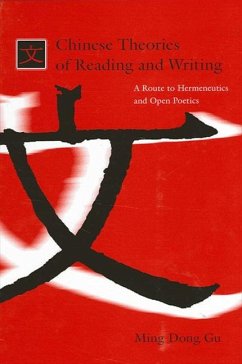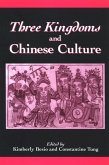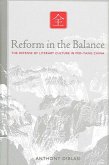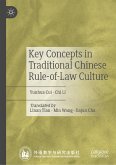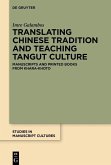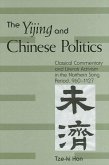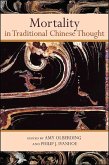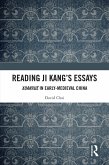This ambitious work provides a systematic study of Chinese theories of reading and writing in intellectual thought and critical practice. The author maintains that there are two major hermeneutic traditions in Chinese literature: the politico-moralistic mainstream and the metaphysico-aesthetical undercurrent. In exploring the interaction between the two, Ming Dong Gu finds a movement toward interpretive openness. In this, the Chinese practice anticipates modern and Western theories of interpretation, especially literary openness and open poetics. Classic Chinese works are examined, including the Zhouyi (the I Ching or Book of Changes), the Shijing (the Book of Songs or Book of Poetry), and selected poetry, along with the philosophical background of the hermeneutic theories. Ultimately, Gu relates the Chinese practices of reading to Western hermeneutics, offering a cross-cultural conceptual model for the comparative study of reading and writing in general.
Dieser Download kann aus rechtlichen Gründen nur mit Rechnungsadresse in A, D ausgeliefert werden.

